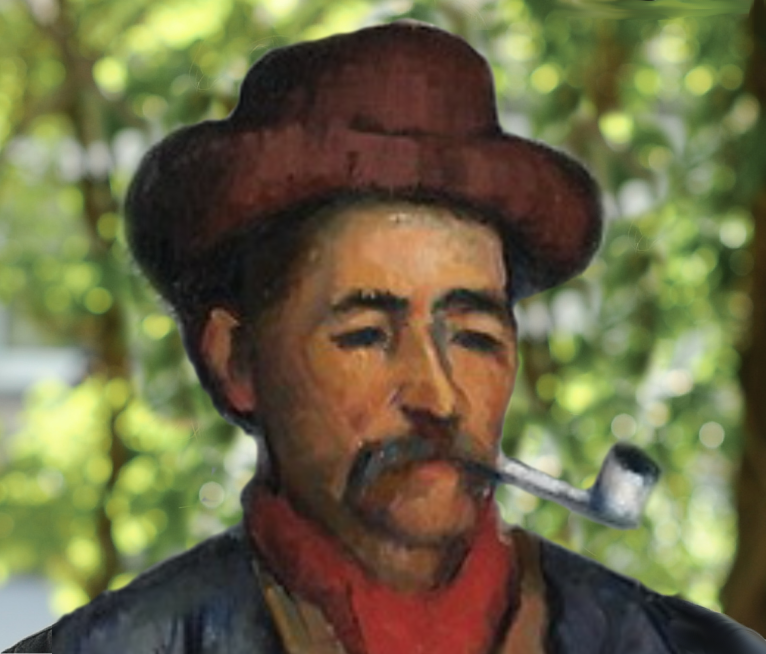

Forschungsschwerpunkte
- Laientheorien und ihre psychologischen Effekte
- Magisches Denken und Essenzialiserung
- Moralisches Urteilen und Handeln
- Experimentelle Philosophie (z.B. Körper-Geist Dualismus)
- Effekte psychedelischer Subsanzen
- Sozialer Status und Glaube an soziale Mobilität
- Alltagsmasochismus als Persönlichkeitseigenschaft
Curriculum Vitae
Publikationen
Sagioglou, C., & Forstmann, M. (in press). Psychedelic use predicts objective knowledge about climate change via increases in nature relatedness. Drug Science, Policy, and Law.
Forstmann, M., & Burgmer, P. (2022). The Cartesian Folk Theater: People conceptualize consciousness as a spatio-temporally localized process in the human brain. Journal of Experimental Psychology: General, 151, 781–803.
Forstmann, M. & Sagioglou, C. (2021). New insights into the clinical and nonclinical effects of psychedelic substances: An integrative review. European Psychologist.
Weiss, A., Forstmann, M., & Burgmer, P. (2021). Moralizing mental states: The role of trait self-control and control perceptions. Cognition, 214, 104662.
Forstmann, M., & Sagioglou, C. (2021). How psychedelic researcher’s self-admitted substance use and their association with psychedelic culture affect people’s perceptions of their scientific integrity and the quality of their research. Public Understanding of Science, 30, 302-318.
Gandy, S., Forstmann, M., Carhart-Harris, R. L., Timmermann, C., Luke, D. & Watts, R. (2020). The potential synergistic effects between psychedelic administration and nature contact for the improvement of mental health. Health Psychology Open, 7, 2055102920978123.
Forstmann, M., Yudkin, D. J, Prosser, A. M. D., Heller, S. M., & Crockett, M. J. (2020). Transformative experience and social connectedness mediate the mood-enhancing effects of psychedelic substance use in naturalistic settings. Proceedings of the National Academy of Science, 117, 2338-2346.
Forstmann, M., & Burgmer, P. (in press). The mind of the market: Lay beliefs about the economy as a willful, goal-oriented agent. Behavioral and Brain Sciences, 41, e169.
Forstmann, M., & Sagioglou, C. (2020). Religious concept activation attenuates cognitive dissonance reduction in free-choice and induced compliance paradigms. The Journal of Social Psychology, 160, 75-91.
Burgmer, P., Forstmann, M., & Stavrova, O. (2019). Ideas are cheap: When and why adults value labor over ideas. Journal of Experimental Psychology: General, 148, 824-844.
Sagioglou, C., & Forstmann, M., & Greitemeyer, T. (2019). Belief in social mobility mitigates hostility resulting from disadvantaged social standing. Personality and Social Psychology Bulletin, 45, 541-556.
Burgmer, P., Forstmann, M. (2018). Mind-body dualism and health revisited: How belief in dualism shapes health behavior. Social Psychology, 49, 219-230 .
Forstmann, M., & Burgmer, P. (2018). A free will needs a free mind: Belief in substance dualism and reductive physicalism differentially predict belief in free will and determinism. Consciousness and cognition, 63, 280-293.
Forstmann, M., & Sagioglou, C. (2017). Lifetime experience with psychedelic substances predicts pro-environmental behavior through an increase in feelings of connectedness with nature. Journal of Psychopharmacology, 31, 975-988.
Forstmann, M., Burgmer, P. (2017). Antecedents, manifestations, and consequences of belief in mind-body dualism. In C. Zedelius, B. Müller, & J. W. Schooler (Eds.). The Science of Lay Theories - How Beliefs Shape our Cognition, Behavior, and Health. New York: Springer.
Todd, A.R., Forstmann, M., Burgmer, P., Brooks, A. W., & Galinsky, A. D. (2015). Anxious and egocentric: How specific emotions influence perspective taking. Journal of Experimental Psychology: General, 144, 374-391.
Forstmann, M., & Burgmer, P. (2015). Adults are intuitive mind-body dualists. Journal of Experimental Psychology: General, 144, 222-235.
Sagioglou, C., & Forstmann, M. (2013). Activating Christian religious concepts increases intolerance of ambiguity and judgment certainty. Journal of Experimental Social Psychology, 49, 933-939.
Forstmann, M., Burgmer, P., & Mussweiler, T. (2012). "The mind is willing, but the flesh is weak": The effects of mind-body dualism on health behavior. Psychological Science, 23, 1239-1245.